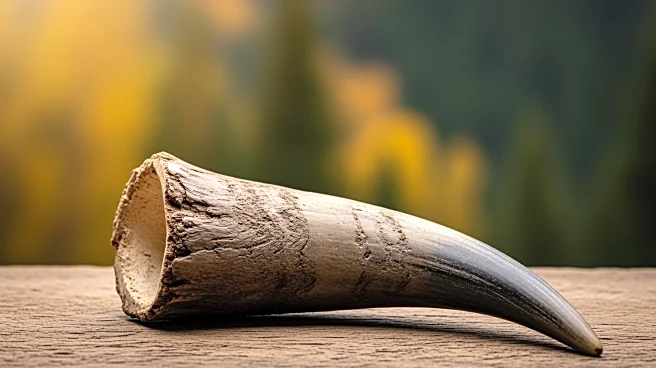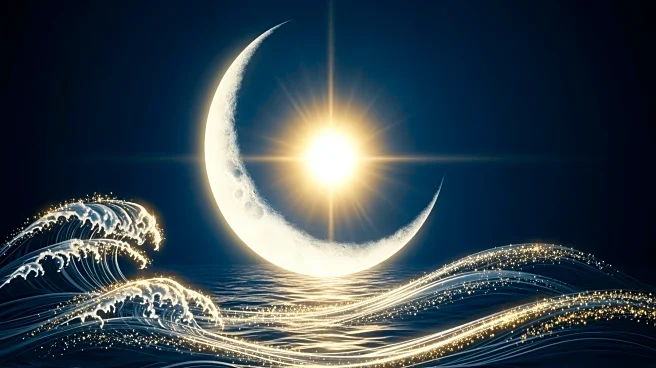What's Happening?
Diane Keaton, renowned for her iconic roles and Oscar-winning performance in 'Annie Hall,' passed away at the age of 79. Her death has sparked tributes that highlight not only her contributions to film but also her defiance against Hollywood's tendency
to sideline older women. Keaton's career spanned decades, during which she consistently challenged the industry's norms by portraying complex female characters who evolve beyond traditional narratives. Her roles in films like 'The Godfather,' 'Annie Hall,' and 'Book Club' demonstrated her commitment to showcasing women's stories that continue to develop with age. Keaton's refusal to conform to Hollywood's standards, particularly regarding age and beauty, has left a lasting impact on the industry and audiences alike.
Why It's Important?
Diane Keaton's career serves as a powerful reminder of the importance of representation in media, particularly for older women. By choosing roles that defied the conventional portrayal of women in Hollywood, Keaton highlighted the need for narratives that reflect the diverse experiences of women at different stages of life. Her success in films like 'Something's Gotta Give,' which grossed $265 million worldwide, underscores the commercial viability of stories centered around older women. Keaton's legacy challenges the entertainment industry to reconsider its approach to female characters and encourages a broader acceptance of aging as a natural and empowering process. Her influence extends beyond film, inspiring women to embrace their identities and continue seeking adventure and connection regardless of age.
What's Next?
The impact of Diane Keaton's career may prompt further discussions within Hollywood about the representation of older women in film. As audiences continue to show interest in diverse narratives, there may be increased opportunities for actresses over 40 to take on leading roles that explore complex themes of identity, reinvention, and empowerment. Industry stakeholders, including filmmakers and producers, might be encouraged to develop projects that challenge age-related stereotypes and celebrate the full arcs of women's lives. Keaton's legacy could inspire a new wave of storytelling that prioritizes authenticity and diversity, potentially leading to a shift in how female characters are portrayed in mainstream media.
Beyond the Headlines
Diane Keaton's refusal to conform to Hollywood's beauty standards, particularly her decision to embrace her natural appearance, highlights broader cultural conversations about aging and self-acceptance. Her career challenges societal norms that often equate youth with beauty and value, encouraging a reevaluation of how aging is perceived in both media and everyday life. Keaton's influence may contribute to a growing movement that advocates for the visibility and empowerment of older women, both on-screen and off. Her legacy serves as a testament to the power of authenticity and the importance of embracing one's identity at every stage of life.















